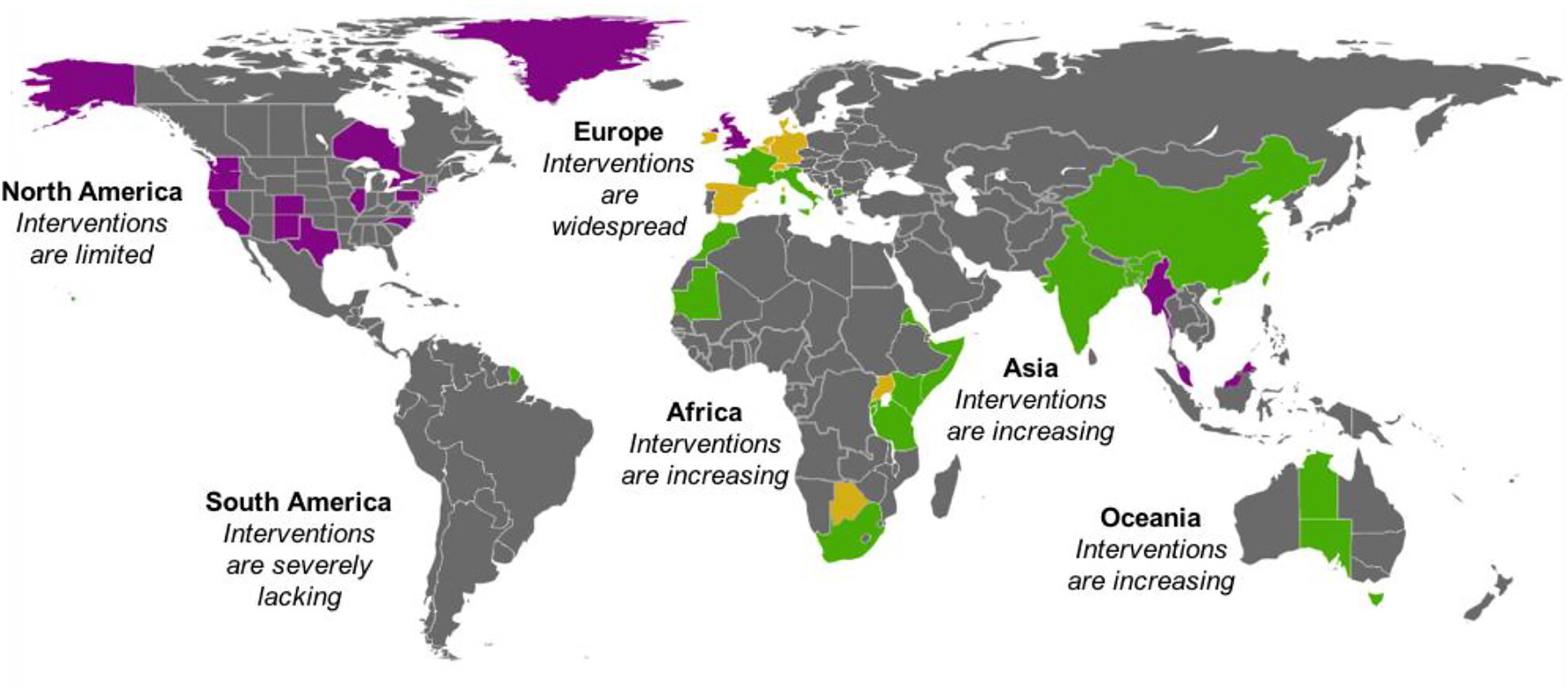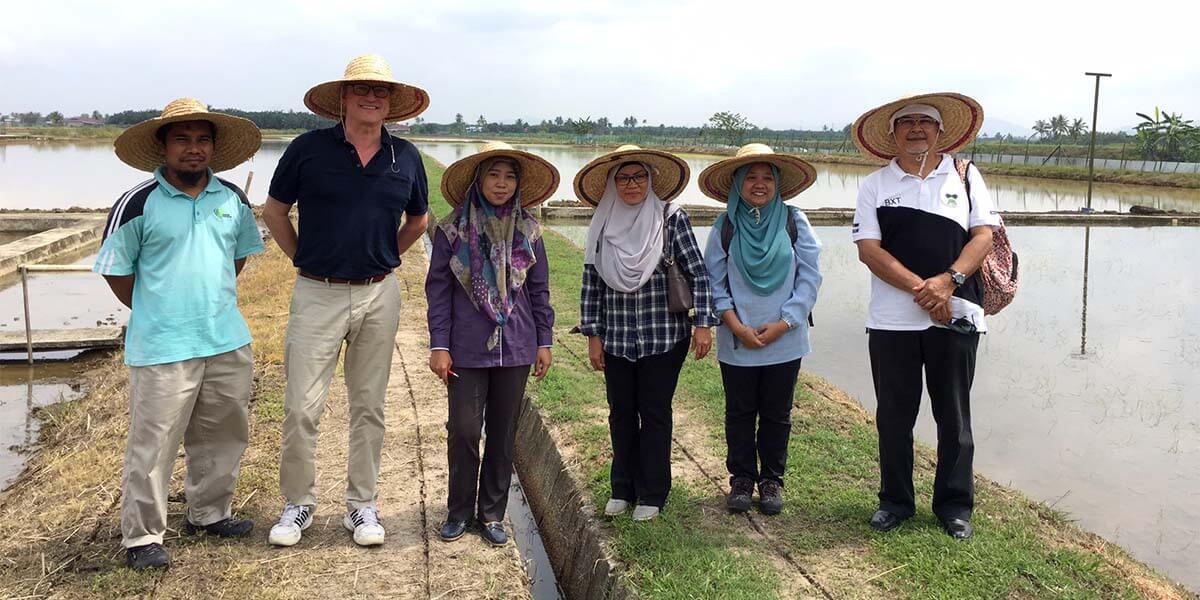Elsevier, Elsevier Foundation, 18 May 2017
Sustainable Cities and Society, Volume 31, 1 May 2017
Urbanization is transforming human society in many ways. Besides all the obvious benefits, it also brings negative impacts such as the well-documented urban heat island (UHI) effect and the magnified human heat stress. One way to reduce human heat stress is to increase vegetation density in urban areas, because they can provide evatranspiration and shading benefits. However, given the diversity of tree species and their morphological properties, it is important to understand rationally how different trees regulate thermal comfort.
Environmental Impact Assessment Review, Volume 64, 1 May 2017
Land Degradation (LD) in socio-environmental systems negatively impacts sustainable development paths. This study proposes a framework to LD evaluation based on indicators of diversification in the spatial distribution of sensitive land. We hypothesize that conditions for spatial heterogeneity in a composite index of land sensitivity are more frequently associated to areas prone to LD than spatial homogeneity. Spatial heterogeneity is supposed to be associated with degraded areas that act as hotspots for future degradation processes.
Vaccine, Volume 35, 25 May 2017
Background While our previous work has shown that replacing existing vaccines with thermostable vaccines can relieve bottlenecks in vaccine supply chains and thus increase vaccine availability, the question remains whether this benefit would outweigh the additional cost of thermostable formulations. Methods Using HERMES simulation models of the vaccine supply chains for the Republic of Benin, the state of Bihar (India), and Niger, we simulated replacing different existing vaccines with thermostable formulations and determined the resulting clinical and economic impact.
16th May 2017
Environment International
8th May 2017




